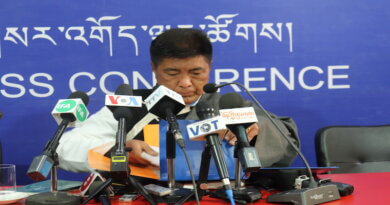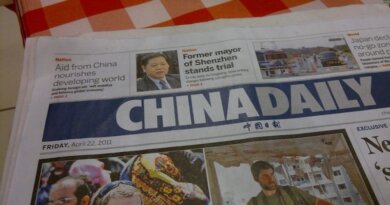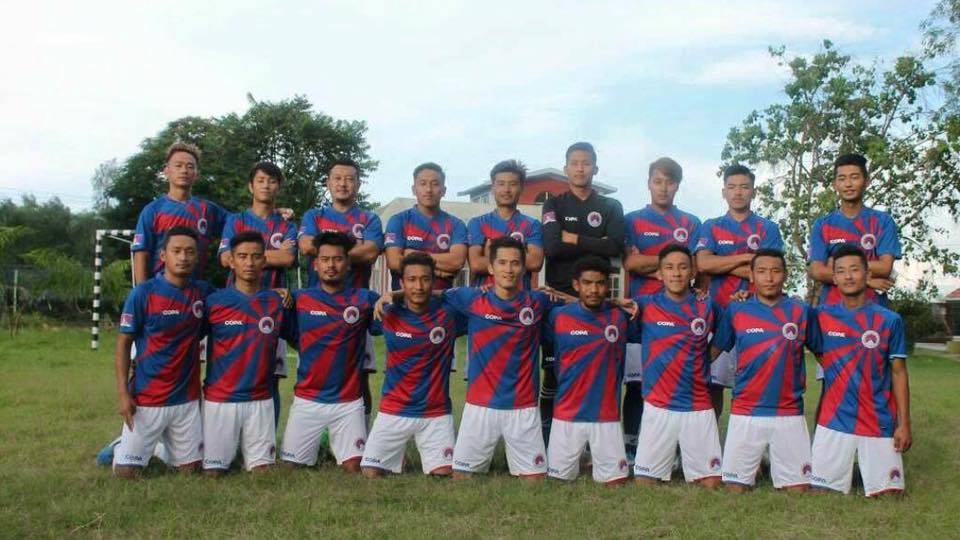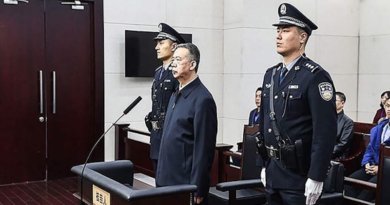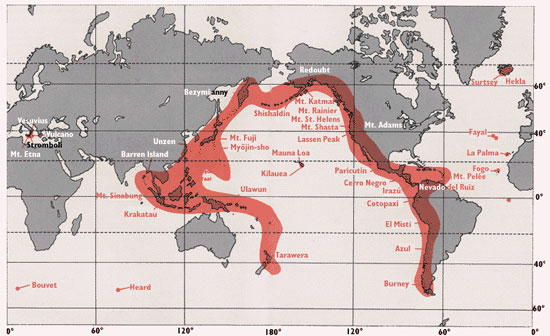Kaydor announces Sikyong bid amid candidate shortage concerns
By Tenzin Chokyi
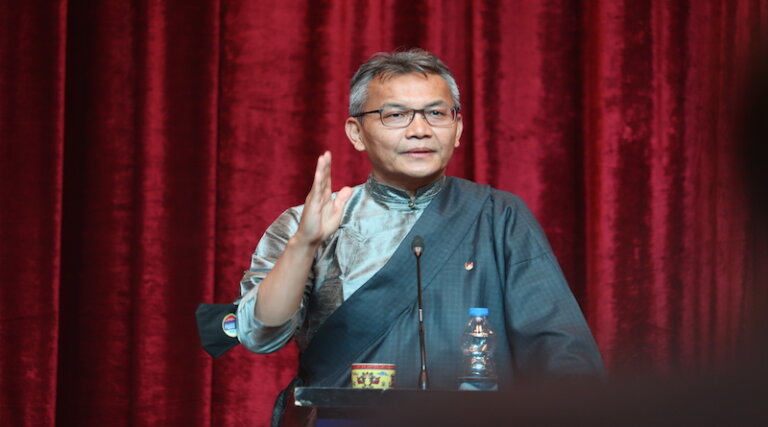
DHARAMSALA, 19 Nov: Kelsang Dorjee Aukatsang (Kaydor) has announced his candidacy for the position of Sikyong, the political head of the Central Tibetan Administration (CTA) in the 2026 Tibetan general election. The announcement, made through a video on YouTube, comes at a time when there is a noticeable lack of candidates for the Sikyong position within the Tibetan democratic polity.
He noted that so far—particularly in the Sikyong race—very few, if any, individuals have stepped forward to announce their candidacy. He added that a potential decline in voter turnout compared to the previous election would expose the vulnerable state of Tibetan democracy and would be difficult to explain to outside observers.
Kaydor, who previously ran in the 2020–2021 Sikyong election and lost by a margin of 5,417 votes in the final round, is entering the upcoming Sikyong election on a platform built around three commitments: promoting unity, shifting the CTA’s priorities toward stronger advocacy, and strengthening the institution through financial resilience and greater self-reliance.
He says his three commitments are directly related to three ongoing deteriorations in Tibetan society.
The first is the lack of unity, which he sees as crucial for advancing the Tibetan freedom struggle but is undermined by the prevalence of internal divisions within the Tibetan polity.
This, he explains, is closely linked to the second deterioration: the Central Tibetan Administration’s (CTA) unbalanced focus on administration at the expense of advocacy for the Tibetan cause.
“If we keep ourselves busy with routine administrative tasks, it is guaranteed that the force of our freedom struggle will decline over the years. So I see the risk in prioritizing administration over advocacy,” added Kaydor.
The third commitment, on self-reliance and financial resilience, is presented in response to the recent funding cuts to the CTA by the US and other countries, which have left the administration in a precarious condition.
“For how long can we depend on outsiders to function? The financial condition of exiled Tibetans has improved considerably, and the majority are self-reliant today. That is why it is crucial to genuinely move toward making the CTA self-reliant,” said Kaydor.
The returning Sikyong candidate says he will chart a course toward self-reliance and is confident in his ability to achieve it.
However, a vision or blueprint for this plan has not yet been shared. It seems likely to emerge during the upcoming public discourse, as the general mass is bound to ask for details about his stated commitments.
Kaydor has, however, announced an informal meet the press on 21 Nov., to address and answer questions from the media on his Sikyong candidacy.
However, a meaningful and rigorous discussion on the persistent internal divisions within the Tibetan democratic polity and the precarious state of the exile government looks likely to elude the exile Tibetan democracy this election cycle as well.
This is reflected in the composition of the Sikyong candidates. Of the three contenders, incumbent Sikyong Penpa Tsering has announced that he will not step down from his current position, citing potential disruptions to CTA programs. As a result, he cannot participate in public debates or campaign events during office hours. He has also stated that he will not engage in external campaign events, arguing that active campaigning could create divisions in society.
Penpa Tsering has said that the general public should primarily judge him based on his performance so far in his term.
For the uninitiated, Tashi Wangdue, who dropped out of the 2021 Sikyong election, cited “the absence of a platform to hold extensive debates among the candidates” as one of the reasons that forced him to make the decision. Similarily, Kaydor himself also called on the Tibetan parliament to ensure at least two rounds of debates between the final Sikyong candidates when he conceded the Sikyong race in 2021.
Meanwhile, Sikyong candidate Ngawang Gaden, former President of the Gu Chu Sum Movement of Tibet is also running for the election under the “One Nation, One Leader, One Race, One Goal” slogan to create a cooperative and unified society.
“If elected as Sikyong, I will work for all Tibetans and the Tibetan cause without any prejudice toward any province or religious sects,” Ganden said as he launched his official bid for the Sikyong on 17 October.
He further stated that he would seek to negotiate with the Indian government to arrange a meeting between representatives of the Dalai Lama and Chinese counterparts within three months of his election.
Considered one of the most active NGOs advocating for Tibetan political prisoners and the Tibetan people’s right to self-determination, the Gu Chu Sum became largely inactive under his leadership from Sep. 2022 – Oct., 2025, leading to Gaden’s expulsion from the office in Oct. during the 10th General Body Meeting of the organisation.
With the election process open until the preliminary election on 1 February, more candidates may yet enter the race.

